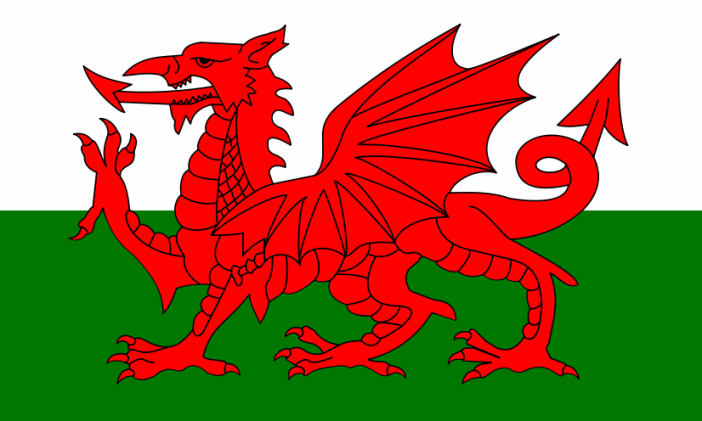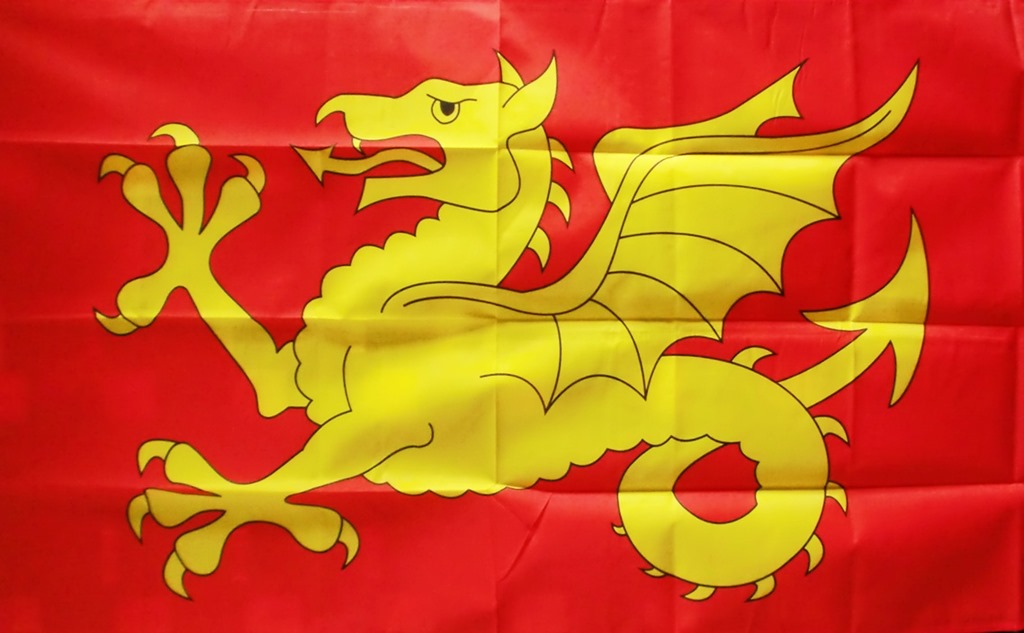Max Musson
Western Spring
July 4, 2014
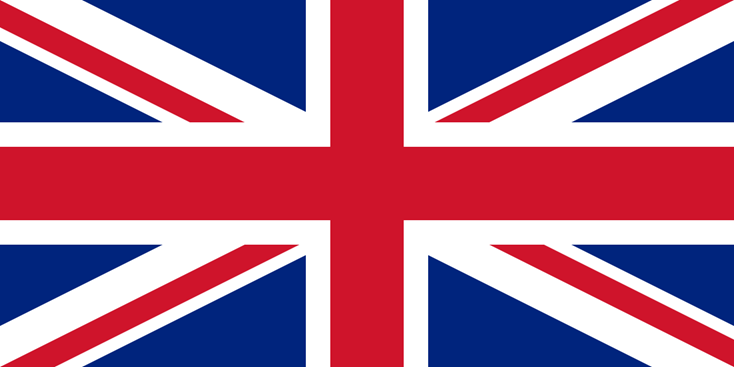
As the mid-point of the year passes, it seems a good time to take stock of where we are now in the struggle for the survival of our nation and the self-determination of our people. In taking stock I will examine the condition of we British, we aboriginal peoples of the British Isles, of the UK mainland and Ireland, both north and south of the boarder.
The first thing to recognise is that our islands have been divided politically since the passing of the Irish Free State Constitution Act 1922 and could well be divided further should a majority of Scots vote for independence later this year.
It is understandable that the people of Ireland should have campaigned and fought for independence from Westminster, as within living memory all of the people of these islands have suffered grievously at the hands of the Westminster traitors, but we would do well, the Scots particularly, to reflect upon the benefits or otherwise that have been enjoyed post independence, when government by one gang of shysters has merely been exchanged for government by another such gang. The key question that those advocating separatism need to ask themselves is: are the Irish appreciably better off now than they would have been if they had remained part of the United Kingdom, or are they now in very much the same boat?
Anyone conducting an objective assessment will be forced to acknowledge that both Ireland and the rest of Britain have been railroaded into the European Union, an undemocratic, supra-national, totalitarian superstate, in which the vast bulk of our legislation derives directly from Brussels. Therefore, irrespective of what establishment politicians might like to pretend, neither the Irish nor the rest of the British people enjoy self-rule, and the sacrifices and heroism of the martyrs of the ‘war of independence’, would appear to have been in vain.
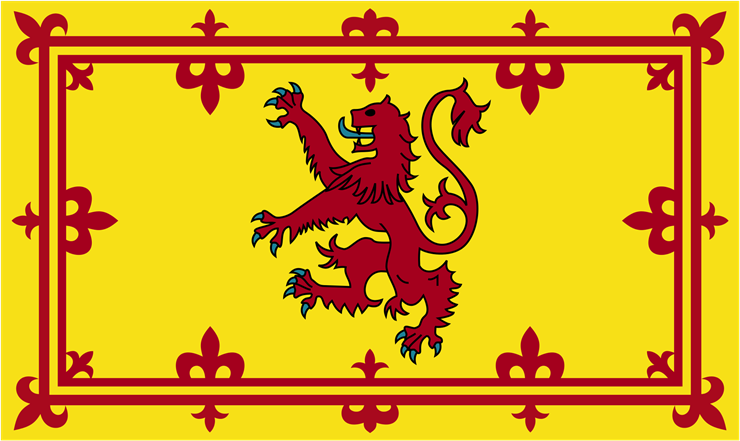
Had the ongoing government of Ireland been truly nationalist, then post independence they would have steadfastly maintained the freedom and self-determination of their people. Clearly however, the so-called ‘nationalist’ governments of Ireland have been similar in character to that proposed by Alex Salmond – internationalist and driven by shameless career politicians who have aroused patriotic feeling merely as a means to gain personal advancement – with no genuine desire for national self-determination.
Let us be clear about this, any movement that campaigns for independence from Westminster while intending to remain part of the EU, is merely exchanging totalitarian rule from Brussels as part of the UK, for isolated subjugation to totalitarian rule from Brussels, and the only thing that will result from a granting of that ‘independence’, is that the ability of the resultant smaller component statelets to withdraw from the EU will be greatly diminished. Indeed as a result of the diminution of the UK that will result from the faux independence of Scotland, the entire population of the UK should have a say in the forthcoming referendum, as the UK’s ability to withdraw from the EU will be significantly weakened.
United, the British people have a very real prospect of being able to free ourselves from the death-grip of Brussels, but divided, that prospect becomes much more fraught with danger. There are obvious economic considerations, but there are also military considerations that are less obvious.
Should the UK minus Scotland opt for unilateral withdrawal from the EU at some future date, the armed forces of the EU will have a massive ready made ‘beach-head’ in the north from which to roll their troops south to re-occupy us by force, and vice versa.
Similarly, should a genuinely nationalist Ireland seek to withdraw unilaterally from the EU, then the counties of Ulster provide another ready made beach-head, and there will be no need for the planned European Army to stage perilous ‘D-Day’ style landings in order to re-impose the will of Brussels upon any maverick government on these isles.
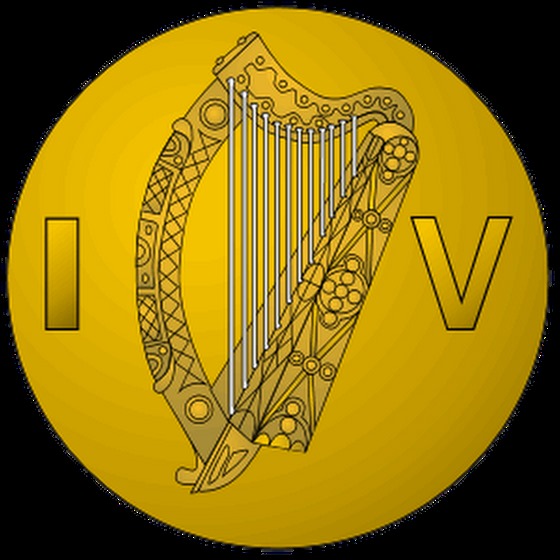
These are the military implications of current meddling in state-craft that no one else has as yet begun to consider. Divided, we British cease to be an ‘island nation’ and militarily we become as vulnerable to European hegemony as Belgium or Luxemberg.
My reason for focusing so much on these military implications results from an appreciation of the fact that the EU does not exist for the benefit of its citizens, but as a stepping-stone along a path that leads to eventual world government under the auspices of a plutocratic global elite who will stop at nothing in order to establish and consolidate their tyrannical global hegemony.
The EU has evolved through a number of stages in its development: from the Council of Europe established by Jean Monet in 1949, through to the ratification of the Treaty of Lisbon in 2009, which by the ‘back-door’ effectively implemented a constitution declaring the EU to be a supra-national state with a President, a Foreign Minister, a Ministry of Defence and the power to abolish and usurp the powers of the governments of the member states.
The Treaty of Lisbon was ratified by Westminster without any real appreciation by the majority of MPs as to what they were approving. The reason for this is that the Treaty itself reads like legalistic ‘mumbo-jumbo’. It is composed of hundreds of textual modifications to the wording of the ‘consolidated treaty’, i.e. the Treaty of Rome as modified by the four subsequent EU treaties, and the Treaty of Lisbon cannot therefore be made sense of, unless it is read it in conjunction with that consolidated treaty.
Very few Westminster MPs had bothered to read the Treaty of Lisbon when the vote came to ratify it, they simply relied upon advice from government lawyers, that the impact of the treaty would be ‘beneficial’. But beneficial to whom? That was the all-important question they all failed to ask.
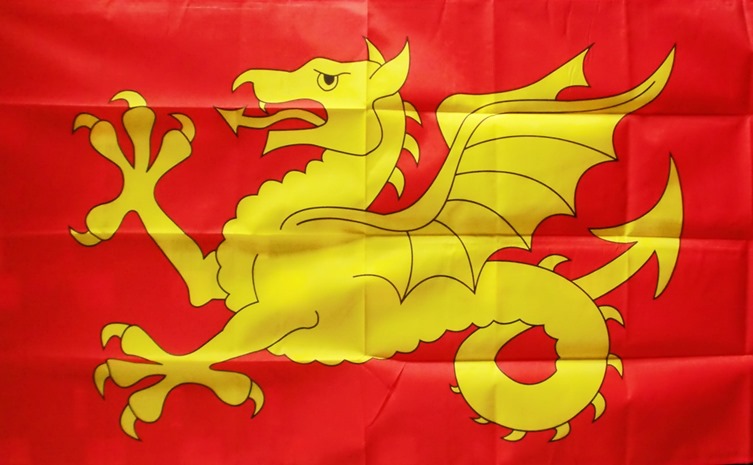
With Britain being widely regarded as the ‘Mother of Parliaments’ one would suppose that the constitution of the EU would have been modelled on the British system. Alternatively, with the USA being the dominant superpower in the West and having a constitutional democracy of world renown, one might expect that the EU constitution might have been modelled on the American system. It comes as a great surprise to most people however, to learn that an entirely different and unexpected constitution was employed as the model for the EU, the constitution of the Soviet Union!
The old Soviet constitution established: a Council of Ministers in the Kremlin that initiated all legislation; the Politburo, an executive arm of government that drafted all legislation; and the Grand Soviet, a toothless parliament that existed merely to ‘rubber-stamp’ legislation.
If we now compare this to the EU, we find that the EU constitution establishes a council of ministers, now known as the Council of Europe, that initiates all legislation; the European Commission, an executive arm that drafts all legislation; and the European Parliament, a toothless parliament that merely ‘rubber-stamps’ legislation. Furthermore, whereas the Council of Europe has hitherto been composed of the heads of state and the foreign secretaries of the member states, the Treaty of Lisbon provides for this to be phased out, so that eventually, the Council of Europe will be composed of ‘good Europeans’ nominated by the European Commission, while the European Commission will be composed of ‘good Europeans’ proposed by the Council of Europe!
In this way the initiation and drafting of EU legislation will be conducted by a self-serving, self-perpetuating bureaucracy and the only ‘democratic’ element of the whole arrangement being the election of MEPs whose only role will be to approve legislation drafted and placed before them by the two self-appointed upper chambers.
As we can see, this is not democracy, this is dictatorship by a thinly disguised oligarchy.
Under the principles of ‘subsidiarity’ enshrined within the new consolidated European Treaty, the EU has the power to devolve down from the national governments of the member states responsibility for all matters that can best be dealt with at a regional level, to the regional assemblies that have been set up. There are twelve such regional assemblies with the UK and two in Ireland. Many of the members of these assemblies are currently appointed by the office of the Deputy Prime Minister in the UK, but they are intended to eventually be elected assemblies. Elected, but with such limited jurisdiction that they are not expected to ever be strong enough to rival the authority of Brussels.
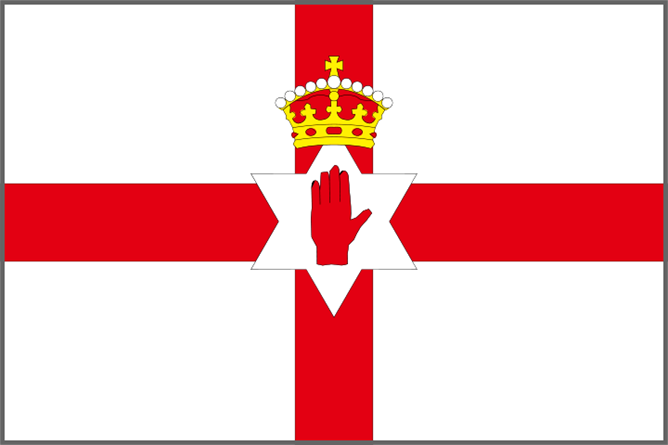
Under the Treaty of Lisbon, all other powers currently enjoyed by the national governments of the member states are able to be usurped by Brussels now that ‘qualified majority voting’ has been adopted by the European Council, an example of which we saw recently when David Cameron was humiliated over the appointment of the new President of the European Commission Jean-Claude Juncker.
Under article 49(a) of the Treaty of Lisbon, a constitutional means by which a member state might withdraw from the EU was introduced for the first time, however the treaty specifies that withdrawal must be negotiated by the national government of the member state concerned.
Once powers hitherto exercised by the national governments of the member states have been devolved down to the regional assemblies and/or usurped by the Council of Europe, there will be no role for the national governments and one does not have to be a rocket scientist to deduce therefore that the national governments will over time be progressively moth-balled and abolished. When this has been achieved there will therefore, no longer be a national government capable of negotiating a members state’s withdrawal from the EU and this constitutional means of withdrawal will therefore no longer exist and withdrawal will only be possible by a unilateral declaration of independence.
The significance of the military impact of the dismemberment of the UK therefore becomes immediately apparent, because it is highly unlikely that Brussels will sit idly by should the Border, Midlands and Western Region of Ireland decide to withdraw from the EU. No, the armed forces of the EU will be dispatched to Ulster and the Southern and Eastern Region of Ireland and they will re-assert the authority of Brussels by force of arms. Similarly, if the East of England seek to withdraw and even if the whole of what is now England should seek to withdraw, EU forces deployed in Wales and Scotland will be used to quell any such rebellion.
The constitutional powers already exist under the Treaty of Lisbon for the EU Ministry of Defence to usurp control of the Armed forces of all of the EU member states and for Europol to usurp control of the police forces of the member states, and so it is easy to see that we are in danger of becoming trapped in a European superstate and oppressed by a self-appointed, self-serving, self-perpetuating tyranny in Brussels.
How long it will be before government at Westminster and Leinster are abolished is at present anyone’s guess, but the above makes clear the urgency with which we must organise if we are to prevent being permanently engulfed within the EU and subsequently obliterated as a nation by Brussels’ policy of open borders and race replacement by the populations of the Third world.
Finally, while many may have envisaged a time when we may need to fight to restore order and our control of a Britain that has declined into chaos and corruption, the European dimension adds a significant additional element into the equation and one that may have far reaching consequences.
